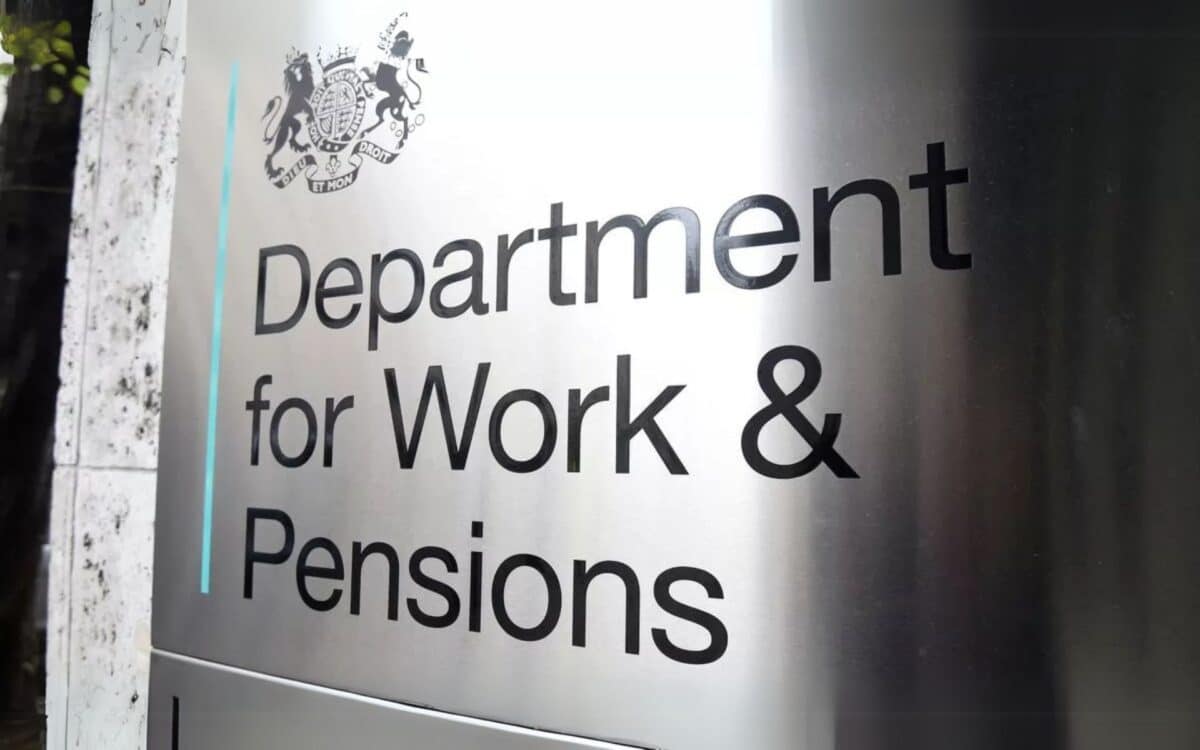The Department for Work and Pensions (DWP) has officially confirmed the start date for the Eligibility Verification Measure, which will begin in 2026.
This initiative is a crucial part of the UK government’s ongoing efforts to tackle fraud and prevent errors within the welfare system. By introducing these measures, the DWP aims to save taxpayers an estimated £1.5 billion over the next five years.
The Daily Record reports that this crackdown on fraud will involve increased collaboration with financial institutions and other organizations to identify potentially fraudulent claims and prevent overpayments, ensuring the system is used effectively and fairly.
What is the Eligibility Verification Measure?
This new measure will not grant the DWP direct access to individuals’ bank accounts or enable the department to monitor how claimants spend their benefits. Instead, the initiative will allow third-party organizations, such as banks, to flag potential fraudulent benefit claims.
The goal is to identify cases where individuals may have exceeded the eligibility criteria for means-tested benefits like Universal Credit, Pension Credit, and Employment and Support Allowance.
The DWP will work with banks and other financial institutions to obtain limited data regarding a claimant’s financial status. For example, the measure will help ensure that individuals do not exceed the £16,000 income threshold for Universal Credit.
Importantly, the legislation specifies that only limited data will be shared—transaction data will not be made available, ensuring the DWP cannot monitor how claimants spend their money. Banks that overstep these limits by sharing too much data, including transaction details, could face penalties.
Safeguards and Oversight of the New Powers
The DWP has emphasized the importance of safeguards, reporting mechanisms, and robust oversight to ensure that these powers are used appropriately and proportionately. The guidance on GOV.UK states:
“The Government will begin implementing the Bill measures from 2026. For the Eligibility Verification Measure, the Government will implement a ‘test and learn’ approach to ensure the new powers to tackle public sector fraud are being used proportionally and effectively.”
The DWP has also made it clear that any information shared through the Eligibility Verification Measure will not be shared on the presumption or suspicion that anyone is guilty of any offence.
Furthermore, the government will continue to work with industry experts and consult stakeholders on Codes of Practice to ensure these new powers are used in a fair and transparent manner.
“DWP and the Cabinet Office will continue to work with industry to implement the new measures, consult stakeholders on Codes of Practice and publish guidance,” the guidance adds.
This initiative is part of a broader set of measures aimed at tackling public sector fraud, which also includes the Public Sector Fraud Authority. Among the powers outlined in the Bill are those that allow for debt recovery from individuals no longer receiving benefits, the seizure of assets from fraudsters, and enhanced fraud detection through collaborations with other agencies.
Additionally, the DWP will also be able to gather information from a wider range of third-party organizations, including airlines, to verify whether claimants may be violating eligibility rules by receiving benefits while living abroad.
Other significant changes in the new Bill include the ability for the DWP to pursue debt recovery from individuals who no longer receive benefits or work under the PAYE system but are still able to repay money owed. The DWP is also being given new powers to investigate fraud involving criminal gangs that exploit the welfare system.
The overarching aim of these new measures is to safeguard taxpayer money and ensure that the welfare system remains effective and free from fraud.









